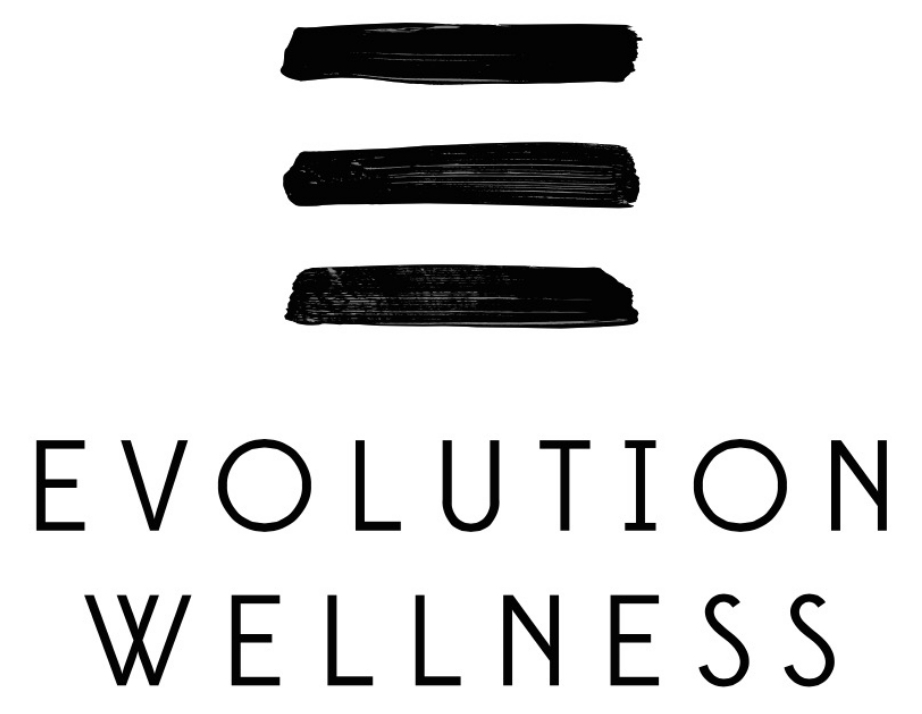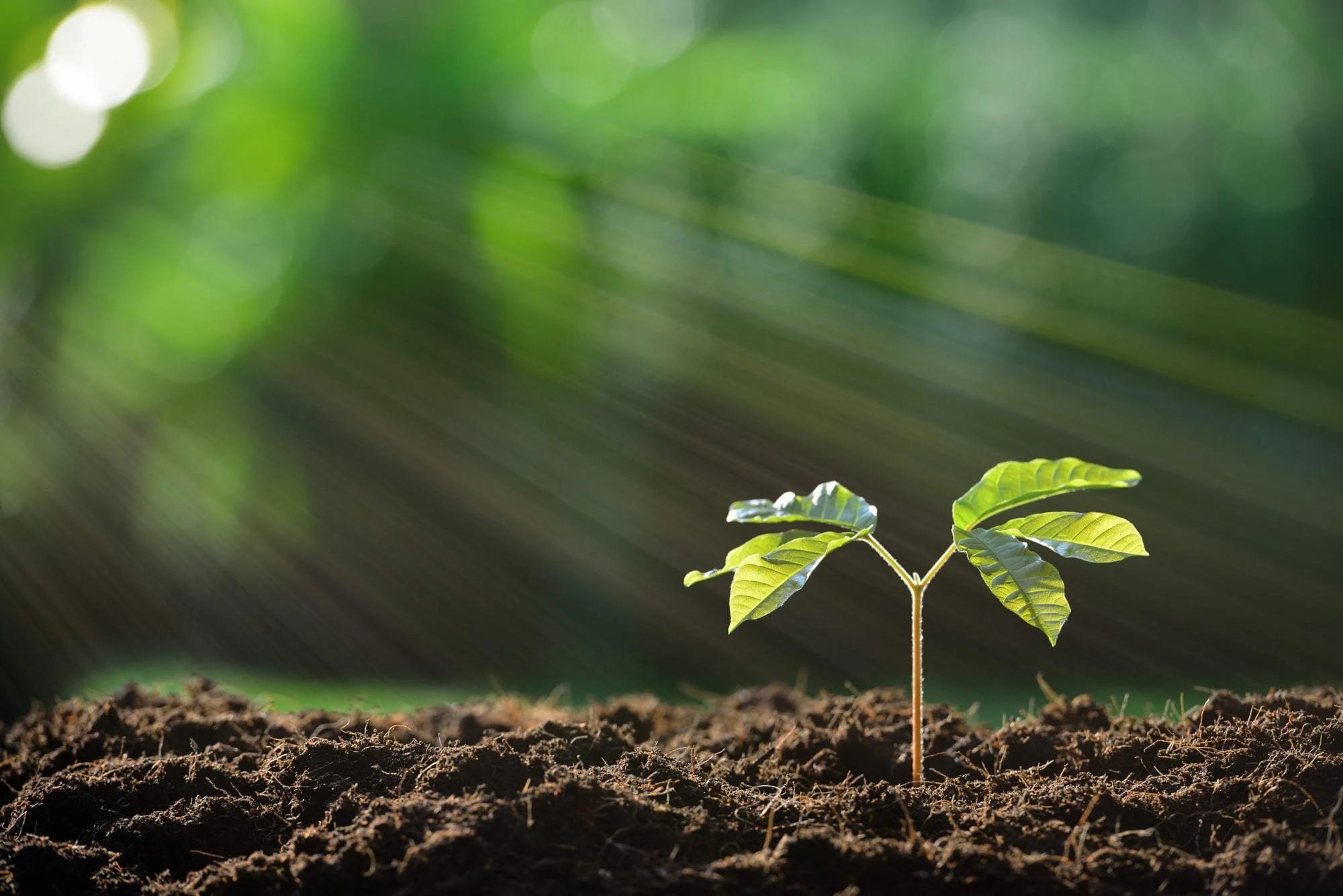ACUPUNCTURE AND JOINT PAIN: THE LATEST CLINICAL RESEARCH
/If you’re struggling with arthritis or ongoing joint pain, acupuncture can offer real relief, according to recent clinical studies. Let’s look at how acupuncture works, what conditions it’s most effective for, and what kind of results you can expect.
How Does Acupuncture Work?
Natural Pain Relief: Acupuncture triggers your body to release natural painkillers—called endorphins and enkephalins—that help reduce pain without medication.
Reduces Inflammation: It helps lower inflammation by reducing chemicals in your body like IL-6 and TNF-α, which are often elevated in arthritis.
Improves Blood Flow: Acupuncture can increase circulation around joints, helping bring nutrients and oxygen to the area to support healing.
Calms the Nervous System: It activates areas of the brain and spinal cord that control how pain is processed, helping to "turn down the volume" on chronic pain.
Balances Your Stress Response: It also reduces stress hormones like cortisol, which can make joint pain worse, especially in autoimmune forms like rheumatoid arthritis.
What the Research Shows
Studies involving thousands of patients with joint pain show that acupuncture can:
Reduce pain
Improve stiffness and mobility
Enhance quality of life
In some studies, the benefits lasted up to 4.5 months after treatment ended. Electroacupuncture (using a mild electrical current with the needles) showed even stronger results than traditional acupuncture.
Combining acupuncture with exercise further improves outcomes. Patients saw more relief from pain, better range of motion, and stronger legs when both were used together.
Rheumatoid Arthritis
Recent studies show acupuncture helps:
Reduce swollen and tender joints
Lower inflammatory markers like CRP and IL-6
Improve day-to-day function and reduce fatigue
It's especially promising as an add-on to medication.
What to Expect from Treatment
Frequency: Most studies used 1–2 sessions per week over 4 to 8 weeks.
Relief Timeline: Some patients feel better after the first few sessions, while others notice improvement by week 3 or 4.
Side Effects: Side effects are rare and usually mild (slight bruising or soreness at the needle site).
Ready to try it? David Blatt, LAc, offers acupuncture for TMD at his City Park location. Anticipate 5-10 treatments to achieve desired results. Schedule now.
References and Further Reading
Chen et al. 2024 – Systematic Review on Acupuncture for Knee OA
Liu et al. 2024 – Network Meta-Analysis Comparing Manual and Electroacupuncture
Yeung et al. 2024 – JAMA Study on Self-Acupressure
Zhu et al. 2025 – Acupuncture + Moxibustion for Knee OA
Chen et al. 2023 – Acupuncture + Exercise Training


